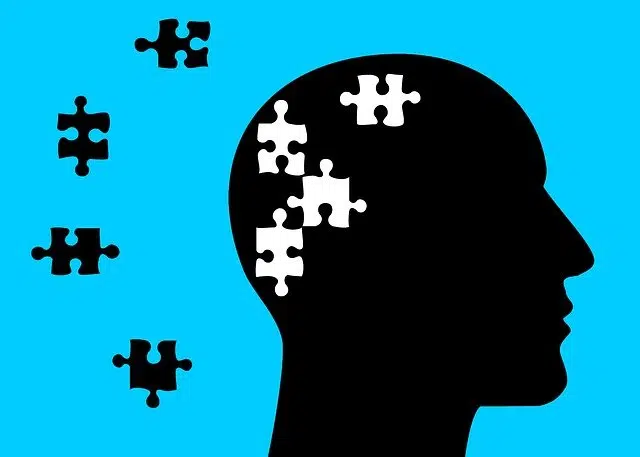
The anamnesis can be linked to a memory.
The concept of anamnesis is linked, according to its etymological root found in the Greek language, to a memory or a reminiscence . In its broadest sense, anamnesis consists of the rescue of data that was recorded in the past, bringing the information to the present .
From this meaning, the anamnesis appears in different areas. In the field of medicine , it is the information that a patient provides to his doctor to prepare a clinical history .
History in medicine
The development of the anamnesis requires the doctor to ask various questions to the patient, or even to a family member or friend of the patient. From the answers obtained, the professional is able to prepare a history with data that is useful to make the diagnosis and decide what treatment to carry out.
The anamnesis also consists of the signs that the doctor detects when examining the patient and the symptoms that the patient reports. It is important to note that the characteristics of the questions and the information collected will depend on the professional's specialty.
A psychiatrist, for example, will not look for the same history as a gastroenterologist. While the first can collect data about the patient's childhood or behavior , the second will be interested in their diet and how the digestive process develops.

In medicine, anamnesis requires the patient to remember certain data and report it to the professional.
Data collection
In any case, we can say that broadly the list of data that the doctor seeks to collect through the anamnesis is the following:
* personal : although it seems obvious and little related to health sciences, it is important for the professional to have a cultural framework in which to place their patients to give them the best indications in each case. Some of the specific data within this category are name and surname, document number, age, race, marital status, occupation, address, level of education, telephone number and reference person;
* reason for the consultation : this is expressed at the beginning of the meeting, and is the moment in which the patient expresses pain, discomfort, suspicion of having a particular illness, or tells the doctor the specific reasons for the consultation. your visit if you have been referred by another professional (for example, when someone goes to a surgeon's office because a clinician recommended that they have a cyst removed);
* current illness : this point in the anamnesis is related to the previous one, or follows from it, since if the patient is in the middle of treatment for a particular illness , the doctor must record this and make notes such as the status and names of the medications you are taking;
* personal history : if you have suffered an illness, if you are allergic to certain medications or if you have received surgical interventions, for example;
* family history : relevant illnesses suffered by the parents come here;
* systems review : this part of the history arises from a physical examination that the doctor performs on the patient. It is called cephalo-caudal , since it begins at the head and descends, and is made up of four well-defined parts, which are inspection , palpation , percussion and auscultation .
Anamnesis in religion
In the field of religion , anamnesis is linked to the memorial act that is carried out during the Eucharist .
In Christian masses, this moment of celebration leads to remembering the last supper of Jesus Christ and repeating the words that were recorded in the Bible . In the gospel of Saint Luke there is the quote of Jesus "do this in memory of me", and in this way the Christian religion celebrates his passion, his resurrection and his ascension.
